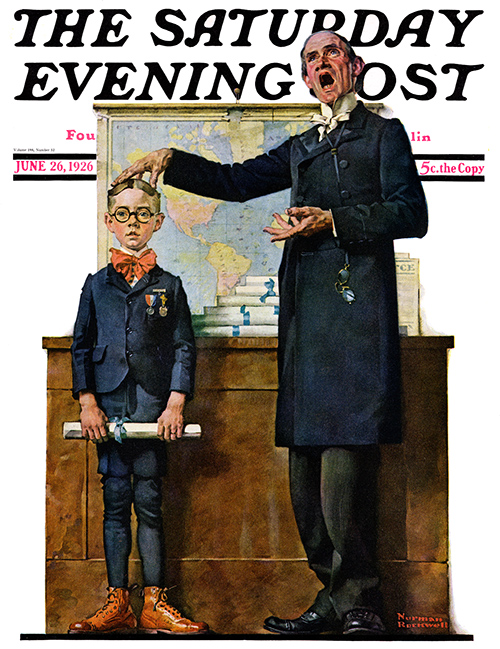Today marks the start of a new podcast project--a conversation about our ancestors, our heritage, our family stories. Whether we focus on one person from the modern day or several people from generations ago, I am looking forward to being a conduit for people of all ages, from all cultures, to share their family stories with a broad audience.
My interest in family histories (any and all cultures) anchored itself deep inside of me when my wife and I visited Ellis Island a few years ago. So many cultures, so much meaning for the masses of people visiting that. I looked as much at the faces of the different people as I did the island.
My writing in school, alongside of my 8th grade students, keeps gravitating back to our heritage.
 As I practiced podcasting with various pieces from my writing, the current interview format came from listening to many different examples of podcasting. While this is a fun and challenging project for me, I ultimately hope it serves as a positive example for the students I will teach next year and beyond.
As I practiced podcasting with various pieces from my writing, the current interview format came from listening to many different examples of podcasting. While this is a fun and challenging project for me, I ultimately hope it serves as a positive example for the students I will teach next year and beyond.
You can subscribe to my podcast, I Remember, through iTunes or any free podcast app on your mobile devices. Search for "I Remember podcast" and/or my name, Brian Kelley.
Once you search for the podcast, the icons for the podcast will be either one of the following images depending on what device/app you use to listen:
If that does not work for you, you can always subscribe to my blog feed as I will post each episode here. You can listen right from this page by using the audio player below.
I Remember, Episode 1
Diane Dougherty
Diane Dougherty, one of eleven siblings, shares her memories of the circumstances of her grandparents immigration from Italy (and return to Italy after rejecting America), her mother and father getting together even though everyone wasn't quite behind it, her father's chasing of Pancho Villa, her father's participation in WWI as part of one of the last Cavalry units, and her father's work in the Pennsylvania coal mines alongside her grandfather, and host of other unusual and touching circumstances woven into her family's Italian-American heritage.
Music: Someone, Somewhere, Sometime written, composed, and performed by Ben Smith
I Remember, Episode 1
Diane Dougherty
Diane Dougherty, one of eleven siblings, shares her memories of the circumstances of her grandparents immigration from Italy (and return to Italy after rejecting America), her mother and father getting together even though everyone wasn't quite behind it, her father's chasing of Pancho Villa, her father's participation in WWI as part of one of the last Cavalry units, and her father's work in the Pennsylvania coal mines alongside her grandfather, and host of other unusual and touching circumstances woven into her family's Italian-American heritage.
Music: Someone, Somewhere, Sometime written, composed, and performed by Ben Smith







